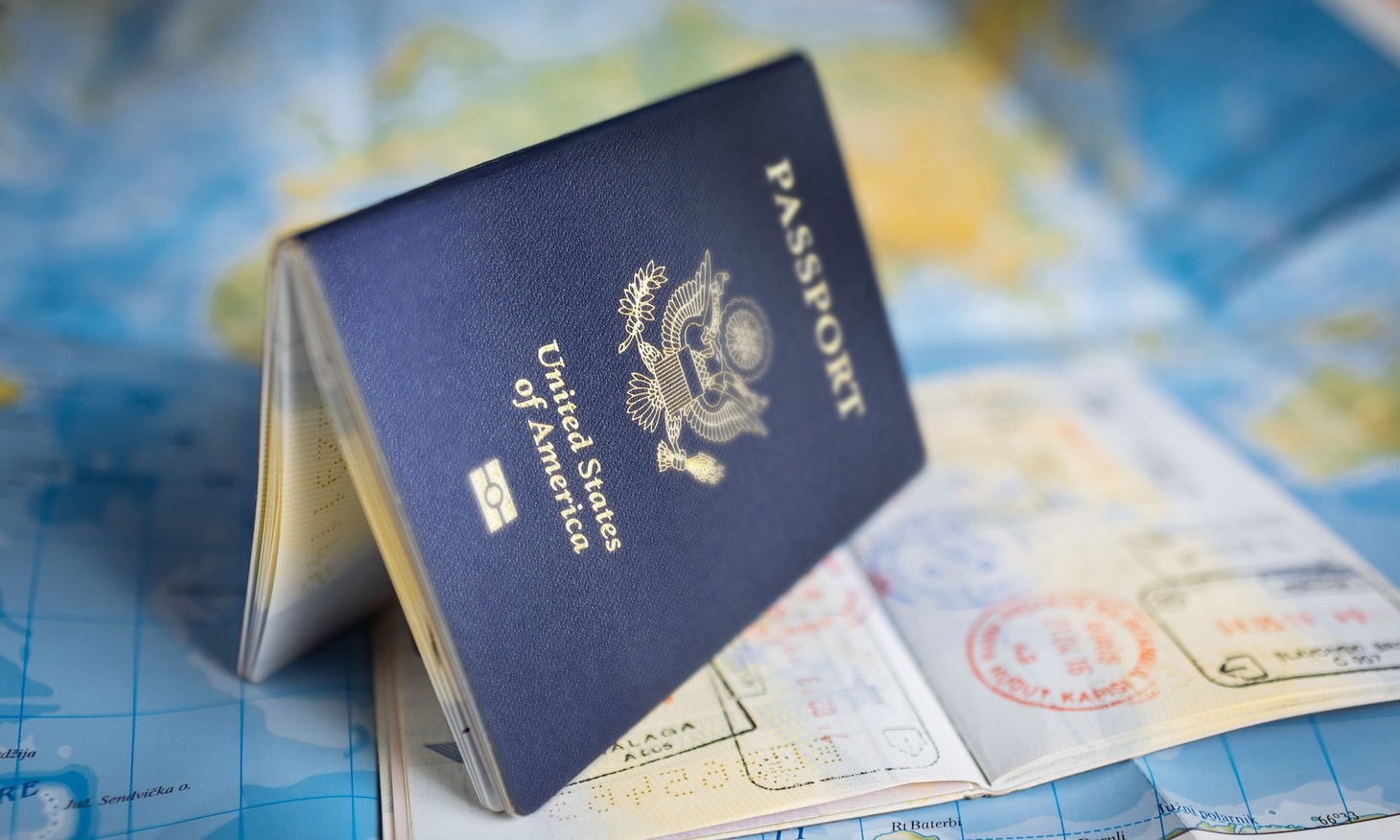Passports and visas are two of the most important documents for international travel. However, many travellers often misunderstand the difference between the two. This article will explain what passports and visas are, the different types, their importance, and the significance of visa vs passport documents.
Another important document while travelling overseas is travel insurance. Before booking any trip, compare travel insurance policies to find the best coverage at the lowest price.
What is a Passport?
Passports are government documents that certify the nationality and identity of its holder for international travel. It contains details like your name, date and place of birth, passport number, expiration date, and sometimes additional details like physical characteristics.
Passports also include visas and entry/exit stamps to various countries.
Types of Indian Passports
India issues various types of passports for citizens based on eligibility.
- Blue Passport
The most common passport held by regular citizens is the standard blue passport (Type P), which permits international trips for tourism, business, education or medical reasons. It contains the holder’s basic personal information.
- White Passport
Separate white passports are provided exclusively to government officials and diplomats travelling abroad on official state duties. This allows immigration and customs personnel in foreign countries to efficiently recognise and extend formal courtesies to the officials. These come with a distinct white jacket and accord the holder visa-free entry and expedited clearance in several nations.
- Maroon Passport
A more recent addition is the maroon passport issued to senior officials in influential administrative, police or judicial positions. These facilitate smooth official trips by allowing visa-free travel and swift immigration processing globally.
- Orange Passport
The other type is the distinctive orange passport introduced in 2018 for citizens who require additional emigration verification checks before overseas travel. This helps streamline related procedures.
Importance and Necessity of Passports
A passport establishes citizenship and confirms nationality and identity on the global stage. Mandatory identification and proof of citizenship are essential for all international air, sea, and land border crossings. Passports enable the smooth completion of crucial immigration, customs, and security clearance processes when travelling overseas.
Passports are also vital preliminaries for obtaining destination country visas and entry permits wherever necessary. Many countries need 6 months of minimum remaining validity to even allow passport holders entry. Renewing expiring passports is essential to avoid immigration hassles.
What is a Visa?
In the visa versus passport debate, a visa is also an important document required for international travel. It is a formal permission issued by the government of a foreign country that allows a foreign citizen to enter, exit, and stay in that country for a specific period and purpose. The visa spells out the parameters of your stay there.
Types of Visas
Some common types of visas are:
- Tourist Visa: For tourism and short-term visits
- Business Visa: For business trips and meetings
- Work Visa: For longer-term employment and work assignments
- Student Visa: For pursuing education and academic programs
- Transit Visa: For passing through a country to reach your final destination
Importance and Necessity of Visas
Every country has sovereign rights to govern cross-border movements. Visas form crucial gatekeeping mechanisms regulating inbound foreign visitors. They enable governments to screen applicants, assess intentions, and monitor immigrants.
Having appropriate country-specific visas is mandatory when travelling internationally, besides selected visa-exempt destinations. Visa regulations determine the scope, duration and validity of permitted activities foreign nationals may conduct.
Difference Between Passport and Visa
While both documents are interlinked, some major passport and visa differences exist.
| Basis | Passport | Visa |
| Meaning | An official government document that certifies the identity and nationality of the holder | Formal permission granted by a foreign country allowing entry, stay and exit as per specified conditions |
| Issued By | Issued by the government of the traveller’s home country | Issued by the embassy or consulate of the country to be visited |
| Purpose | Enables international travel and identification proof for citizens | Provides approved access to foreigners for specific activities and duration |
| Necessity | Mandatory for all international travel | Required for certain countries depending on nationality and purpose |
| Validity | Valid for a fixed number of years (5 or 10 generally) | Valid for the allowed period and type of visit |
| Renewal | Needs to be renewed when expired | Some allow extension/renewal within the visited country |
In short, your passport allows you to leave your home country and assists in obtaining visas, but the visa permits you to enter and stay in the destination country you are visiting.
Conclusion
Understanding the difference between these two critical travel documents is important for smooth and compliant international trips. Passports establish identity and citizenship, while visas provide approved access to foreign destinations.
Ensuring you have valid passports and necessary visas in place well in advance is crucial for stress-free travel. Add comprehensive travel policies like Tata AIG to protect against passport misplacement, airline delays, medical crises, and accidents overseas.



